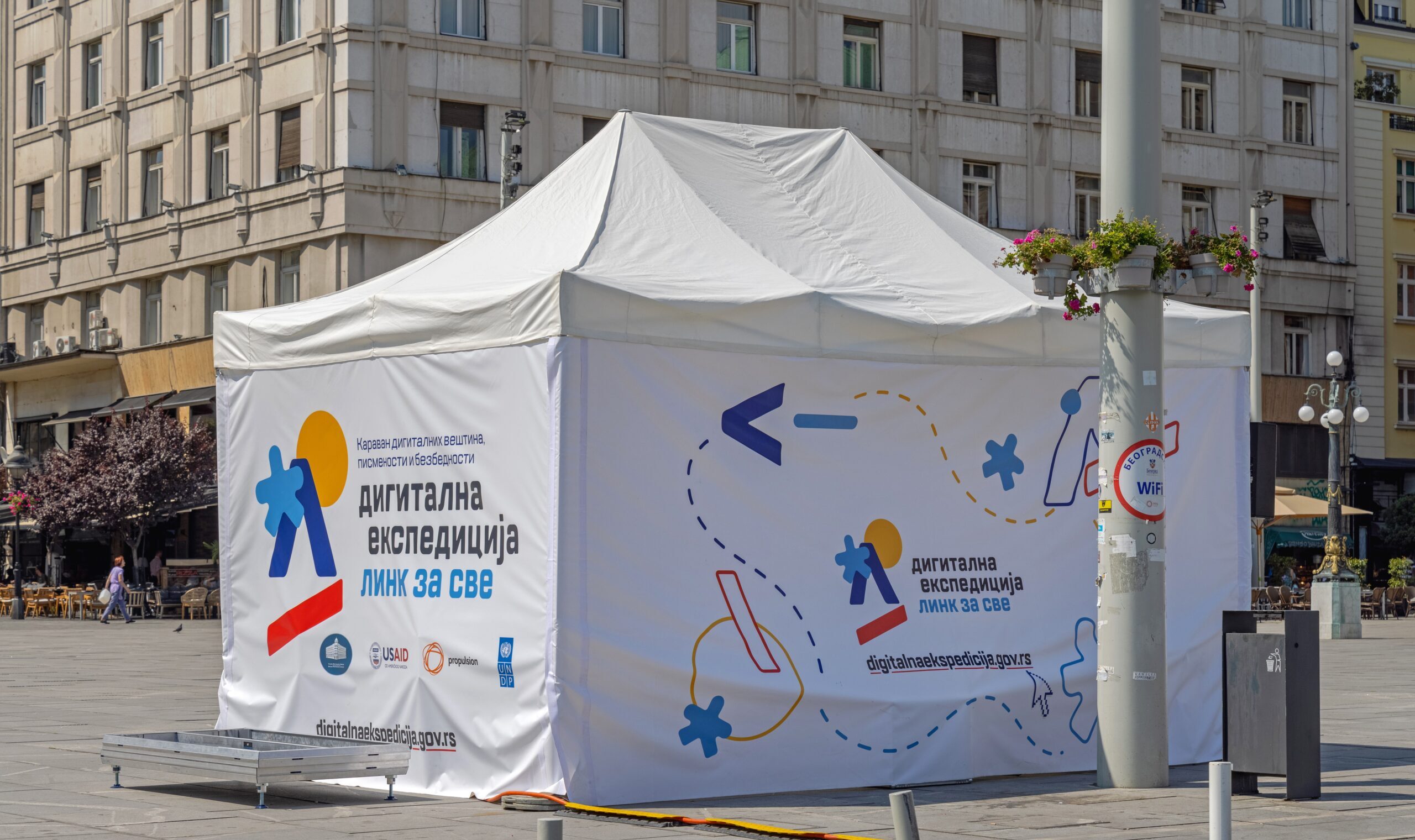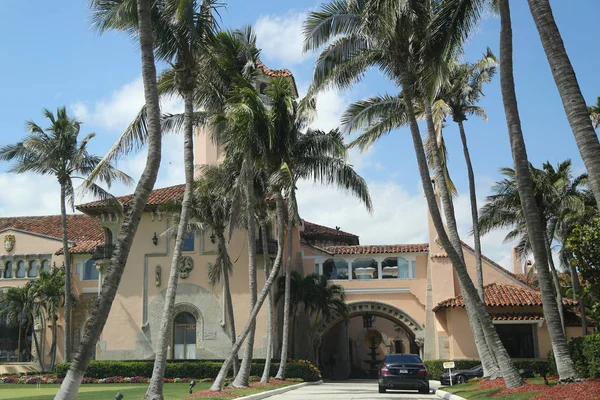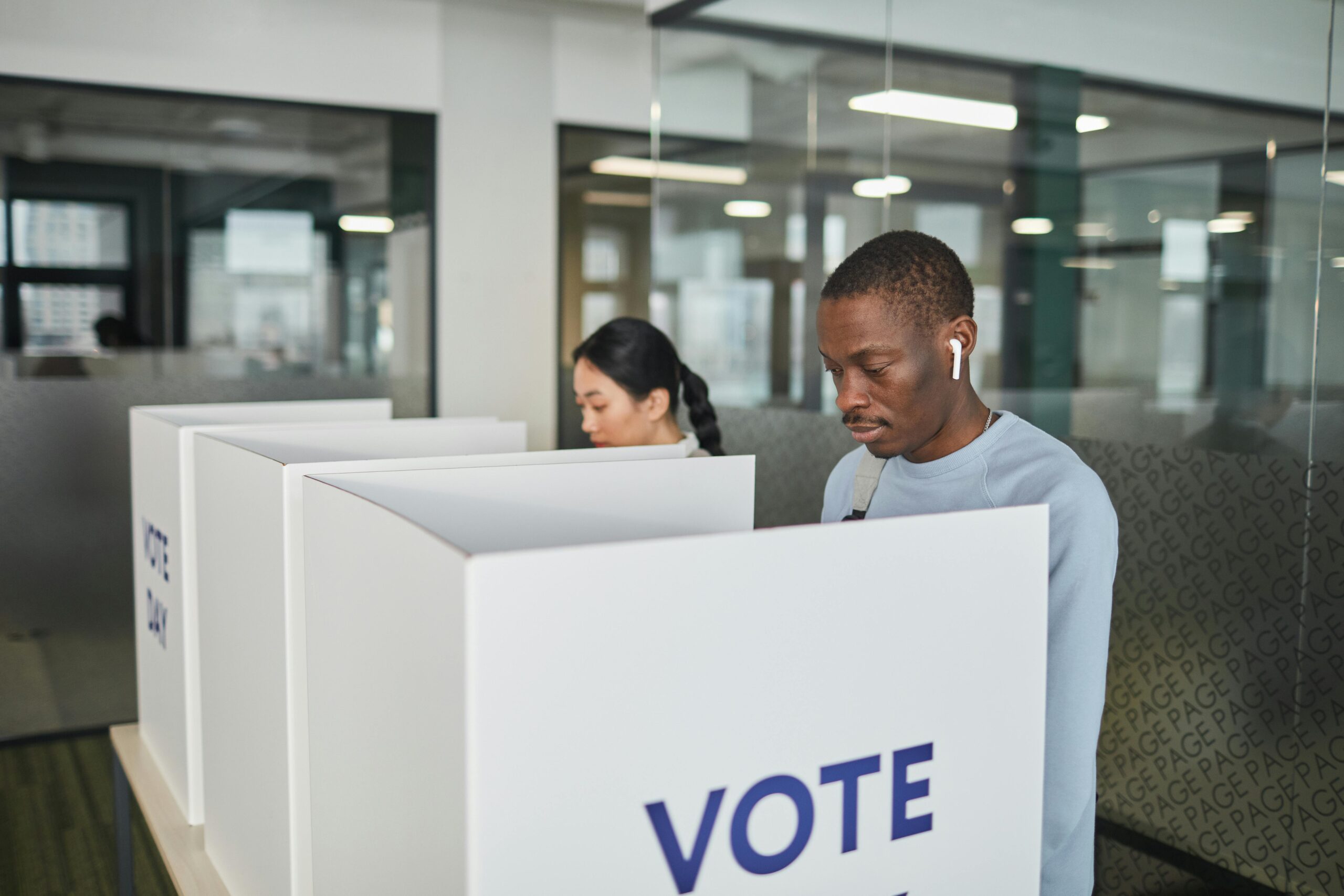Why USAID No Longer Makes Sense
The post-unipolar world limits American soft power.

The Trump administration’s decision to decimate USAID, the foreign assistance agency, has sparked a fierce debate in Washington. While Republicans on the hill and in the media have largely directed their ire against the left-wing ideological character of USAID programs, most of their Democratic counterparts have defended the agency on humanitarian grounds.
The White House, however, has offered the correct, most urgent view: USAID largely fails to advance American national interests, and Washington can no longer afford to spend taxpayer dollars on programs that don’t benefit Americans.
Reasonable people may disagree about the merits of particular USAID programs, but it’s clear that a large portion of funding goes to meddling in the internal affairs of other countries—presented as benign “governance” projects. In fiscal year 2023, $16.8 billion of the total $43.4 billion of USAID obligations were in this category, which has included such projects as bankrolling “independent media” in Ukraine and pouring tens of millions into elections in Georgia. Perhaps these efforts did some good, but the catastrophe that American meddling has helped produce in Ukraine, and the victory of a pro-Russian party in Georgia’s recent parliamentary elections, suggest that USAID can no longer reliably advance U.S. interests in Moscow’s sphere of influence.
Of course, USAID has also funded genuine humanitarian projects that have saved lives, such as the United States President’s Emergency Plan for AIDS Relief (PEPFAR). But even commendable humanitarian projects may not be worth the burden they place on the American taxpayer, meaning partisan debate about them is legitimate and indeed necessary. So long as people in North Carolina and Los Angeles are suffering from recent environmental tragedies, sending their hard-earned money to foreign lands does not sit right with many Americans.
Lost in the domestic hysteria of the moment is a more frank consideration of the sustainability of U.S. primacy in a changing global landscape. Washington doesn’t use USAID just to save lives, but also to expand and sustain American power globally. But if the “unipolar moment” is over and the world is now bipolar or multipolar, American cultural influence—sometimes called “soft power”—deserves reconsideration no less than the hard stuff.
Secretary of State Marco Rubio, at least, has acknowledged that unipolarity is in the rearview mirror:
It’s not normal for the world to simply have a unipolar power… That was an anomaly. It was a product of the end of the Cold War, but eventually you were going to reach back to a point where you had a multipolar world, multi-great powers in different parts of the planet.
Surprising assertions from a once run-of-the-mill Republican interventionist. In conjunction with Rubio’s changed worldview, his arguments in defense of gutting USAID have been realist in nature:
These are taxpayer dollars, and we owe the American people the assurances that every dollar we are spending abroad is being spent on something that furthers our national interest.
For conservative realists, such words are refreshing to hear. For a high-ranking U.S. official to recognize the limits of American power and focus squarely on self-interest represents a sharp break from the prevailing neoliberal and neoconservative duopoly of the past thirty-plus years.
It remains to be seen if Rubio, as America’s top diplomat, will continue to promote realism and restraint, but if the downsizing of USAID is any indication, the global footprint of American soft power may indeed retrench and reconfigure considerably over the next four years. Ditto hard power, as Secretary of Defense Pete Hegseth’s remarks this week in Brussels made clear. As the Trump administration narrows the parameters of American power, both hard and soft, to self-interest alone, its detractors will recite the standard litany of attacks: ”isolationism,” “nationalism,” “nativism,” and, of course, “bending the knee to China and Russia.”
But smears don’t change the fundamental reality: reorienting America’s soft power towards concrete self-interest aligns the U.S. with how most of the world’s states conceptualize their own global standing. Thus, while certain USAID initiatives have undoubtedly improved the lives of citizens across the world, a sharp downsizing of governance programs accords not just with realism, but also with restraint, fostering a newfound sense of American humility and respect for other countries’ sovereignty.
Of course, the U.S. remains the preeminent world power. Soft-power initiatives will undoubtedly continue, and most of the world will still seek American investment. To suggest that a vacuum has opened up for Russian and Chinese exploitation reflects a domino-theory impulse and ignores that great powers like America, will inevitably exert influence on the world stage. There will still be opportunities to counter Chinese and Russian influence, but the failures of USAID show that America should choose its battles more wisely.
Ideological activism and “democracy promotion” not only increasingly fail to counter America’s great-power rivals, such evangelizing often undermines U.S. influence in the Global South by antagonizing societies with non-western values and customs.
In the post-unipolar era, the U.S. must either recognize the reality of resource scarcity or stretch itself thin in far-flung regions in pursuit of projects that have no obvious connection to core national interests. Acknowledging the constraints of American soft power is not defeatist; it is simply coming to terms with a new global power distribution. The USAID debate isn’t just more partisan bickering, but a contest over the nature of American power in the 21st Century. By shrinking and perhaps even dismantling the program, President Trump is ushering in a more focused, more realistic, and more restrained U.S. foreign policy.
The post Why USAID No Longer Makes Sense appeared first on The American Conservative.

